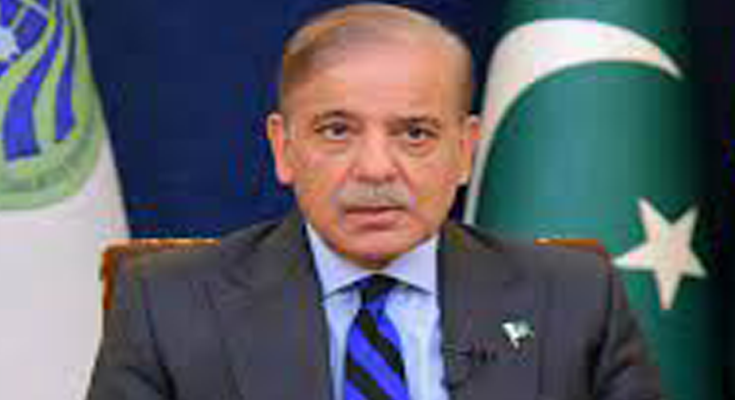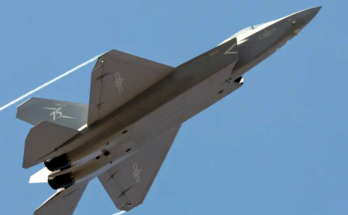by Ashis Sinha
JNS: In a bid to tackle its mounting debt crisis, Pakistan has announced plans to privatise all state-owned enterprises, with the exception of strategic entities. This decision marks an expansion of the earlier strategy to offload shares only in loss-making companies, according to media reports.
The announcement follows Pakistan’s commencement of negotiations with the International Monetary Fund (IMF) for a new long-term Extended Fund Facility (EFF).
Prime Minister Shehbaz Sharif disclosed the decision during a review meeting on the privatisation process of loss-making state-owned enterprises (SOEs). He stated that apart from strategic SOEs, all other enterprises, whether profitable or not, will be privatised, as reported by Geo News.
Sharif underscored the government’s role in fostering a business and investment-friendly environment rather than engaging in business operations. He directed all ministries to take action and collaborate with the Privatisation Commission.
Emphasising the need for transparency in the privatisation process, Sharif instructed that the privatisation of Pakistan International Airlines (PIA) be televised, including the bidding and other significant stages of the process.
The report further mentioned that the privatisation of PIA is in its final stages. The national flag carrier was the country’s third-highest public sector loss-making entity, requiring Pakistani Rs 11.5 billion per month solely for debt servicing.
The privatisation process of other institutions will also be broadcast live, according to the report.
A roadmap for the Privatisation Programme 2024-2029 was presented during the meeting, as reported by The Express Tribune. Ministers were briefed that loss-making SOEs would be prioritised for privatisation, and a pre-qualified panel of experts was being appointed to the Privatisation Commission to expedite the process.
The government, under Prime Minister Sharif’s leadership, has been advocating for the privatisation of several state-owned enterprises to ease the burden on the exchequer and address the prevailing financial crisis.
Previously, Pakistan had planned to privatise only loss-making SOEs, as per Dawn.
Privatisation has long been recommended by the IMF for Pakistan, which faces a high fiscal deficit.
The country narrowly avoided default last summer and has since stabilised its economy following the completion of the last IMF program.
Inflation has decreased to around 17 percent in April from a record high of 38 percent last May.
Despite this, Pakistan continues to grapple with a high fiscal shortfall.
The external account deficit has been controlled through import restrictions, but this has resulted in stagnating growth, which is expected to be around 2 percent this year compared to negative growth last year.




